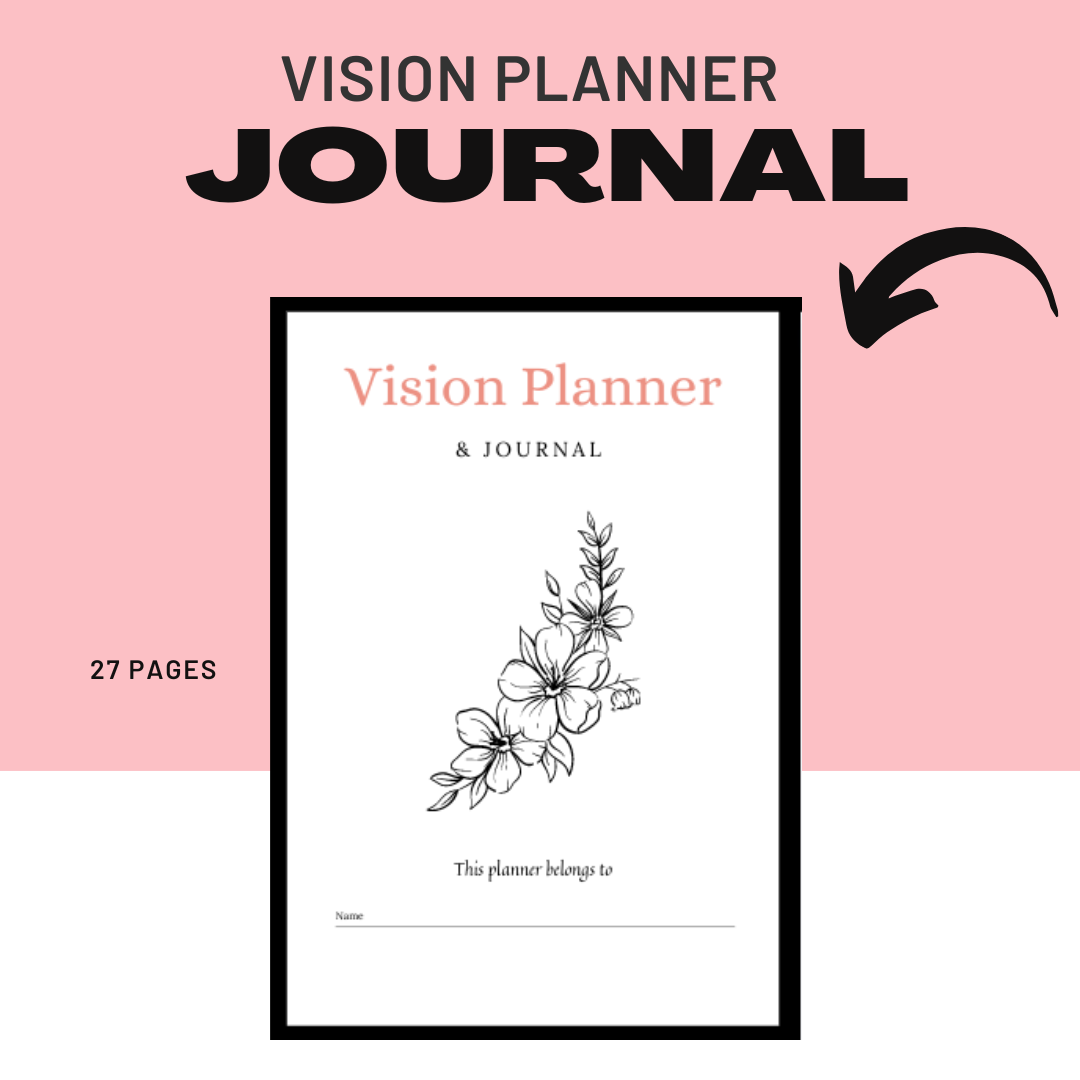1. Be open to new experiences and ideas
The world is full of new experiences and ideas. If you're always closed off to new things, you'll never learn anything new. Be open to trying new things and seeing things from different perspectives. You may be surprised at what you learn!
It will also help you grow as a person. You may find that you enjoy new experiences and ideas more than you thought you would.
2. Ask questions
Asking questions is one of the best ways to learn. The more you ask, the more information you will get. If someone doesn't know something, don't be afraid to ask them! You may learn something new or find out things about yourself that you never knew before!
It's also important not to judge people for asking questions. There's no such thing as a stupid question!
If you're not sure about something, ask for clarification. If someone gives an answer that doesn't make sense to you, ask them what they mean by it. You may find out something new about the topic at hand!
3. Read More
Reading is another great way to learn. You can read anything from novels and poetry to textbooks and non-fiction books. It's also a good idea to read articles online about topics that interest you or are related to your career path. This will help expand your knowledge base on whatever it may be!
If you're not sure what you like, try reading something in a different genre than normal. You may find that it's not as bad as you thought!
Reading also improves your vocabulary skills, which can be useful when applying for jobs or writing papers at school. It gives us new information and helps us become better writers by exposing us to new worlds we might not have heard of before.
It also improves our concentration because it takes us away from other distractions like social media or television shows on Netflix (we all know how easy those can be!). You may even find yourself wanting to reread certain sections over and over again because they're so interesting!
If you're not sure where to start, try looking at the table of contents or the back cover to get an idea of what the book is about. You can also ask your local librarian for suggestions on good books to read.
4. Talk to people
Talking to other people is a great way to learn. You can talk to your friends, family members, or even strangers. The more you talk, the more information you will get. You may also find that you have common interests with the people you're talking to!
It's important not to be afraid of asking questions. The more questions you ask, the more information you will get. People are usually happy to help if they can!
You can also learn by listening to other people talk. Pay attention to their body language and the words they use. This can give you an idea of what they're thinking or how they feel about a certain topic.
Listening also allows you to build relationships with other people. People usually like talking about themselves, so let them!
5. Take notes
Taking notes is a great way to remember information. If you're in class, take notes on the topics that are being covered. This will help you study for exams and test later on!
If you're reading something, take notes on the main points that were made. This will help you remember what you read and allow you to come back to it later on if you need to.
If you're talking to someone, take notes on the things they say. This will help you remember what was talked about and allow you to come back to it later on if needed.
Taking notes also allows you to focus better on what's being said. It can be easy to get lost in a conversation, but if you have your notes in front of you, it will help you stay on track.
Notetaking can also be helpful when meeting new people. You can take down their name and any other important information they give you. This will help you remember them later on!
6. Take on new challenges
Challenges can be a great way to learn. They help push you out of your comfort zone and allow you to try new things. If you're always doing the same thing, you'll never expand your knowledge base.
Taking on new challenges can also help improve your problem-solving skills. This can come in handy when you're faced with a difficult task at work or in school.
Challenges can also help improve your confidence level. When you're able to accomplish something that was once difficult, it makes you feel good about yourself!
If you're not sure where to start, try looking for challenges online. There are many websites and social media groups that offer different challenges for people to try.
If you're looking for something more physical, try doing a sport or activity that you've never done before! This could be anything from rock climbing to playing basketball.
Taking on new challenges can help open up your world and allow you explore new things. There are so many things out there just waiting for someone like yourself to come and try them!
7. Pay attention to your body and mind's signals
By paying attention to what your body and mind are telling you, you can learn a lot about yourself. Your breathing, heart rate, and blood pressure can all give you information on how well things are going with whatever it is that you're doing right now!
If something isn't working out or if things aren't going according to plan, your body may start sending you warning signs. Pay attention to these and don't ignore them!
If something is going well, your body will also send signals that things are good. Your heart rate and blood pressure may increase as a result of the positive feelings you're having about whatever it is that's happening right now!
8. Experiment with different methods of learning
There are many ways to learn. We all have our own unique ways of doing so, and it's important that we find out what works best for us individually!
One method might be reading, while another might involve listening to or watching videos about a topic. The possibilities are endless when it comes down to how you want to learn something new each day.
If you're not sure what works best for you, experiment with different methods! This could involve reading articles online, listening to podcasts, or watching educational videos on YouTube.
Not all of these methods will work for everyone, so find the ones that do and stick with them!
You can also ask your friends and family about what they do to learn new things every day.
9. Talk to people who are experts on the topic you're interested in.
Experts can be a great source of information. When it comes to learning, talking to someone who is an expert on the topic can help you learn more than you ever thought possible!
Not only will they have knowledge about the topic, but they'll also have an experience that they can share with you. This can be extremely valuable, especially if you're just starting out!
If you don't know any experts on the topic you're interested in, try looking online or reaching out to someone on social media. There are many people who are more than happy to help others learn about things they're passionate about!
Experts can also be found by attending conferences or workshops that are related to the topic you're interested in. This is a great way to learn from the best and get inspired!
Talking to experts can help improve your understanding of a topic and may even help you come up with new ideas for furthering your knowledge of the subject!
10. Make a commitment to learning something new every day.
The best way to increase your willingness to learn is by making a commitment to do so! This means that you'll need to find a way to fit learning into your everyday routine.
There are many different ways to do this, and it all depends on what works best for you. You might decide to spend an hour each day reading about a topic that interests you or watching videos on YouTube.
Another option would be to set aside time every week when you can go to the library and look through books related to your interest in learning more about something specific! One thing's for sure, though: if there's one thing we know about willingness, it's that willingness starts from within you!
So go ahead and make a commitment to learning something new each day. It doesn't matter what it is - just do whatever feels right at the time! You'll be glad that you did because willingness always leads to opportunity.
Final Thoughts
We hope you’ve found these 10 tips helpful in increasing your willingness to learn. Learning is an ongoing process, and it can be a lot of fun if you make it that way. What are some things you do to increase your own willingness to learn?














